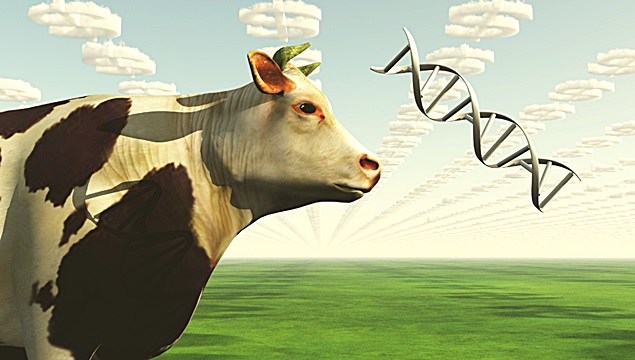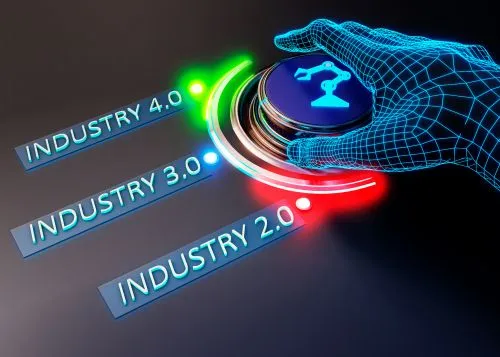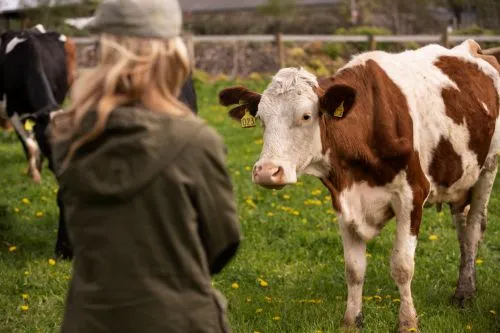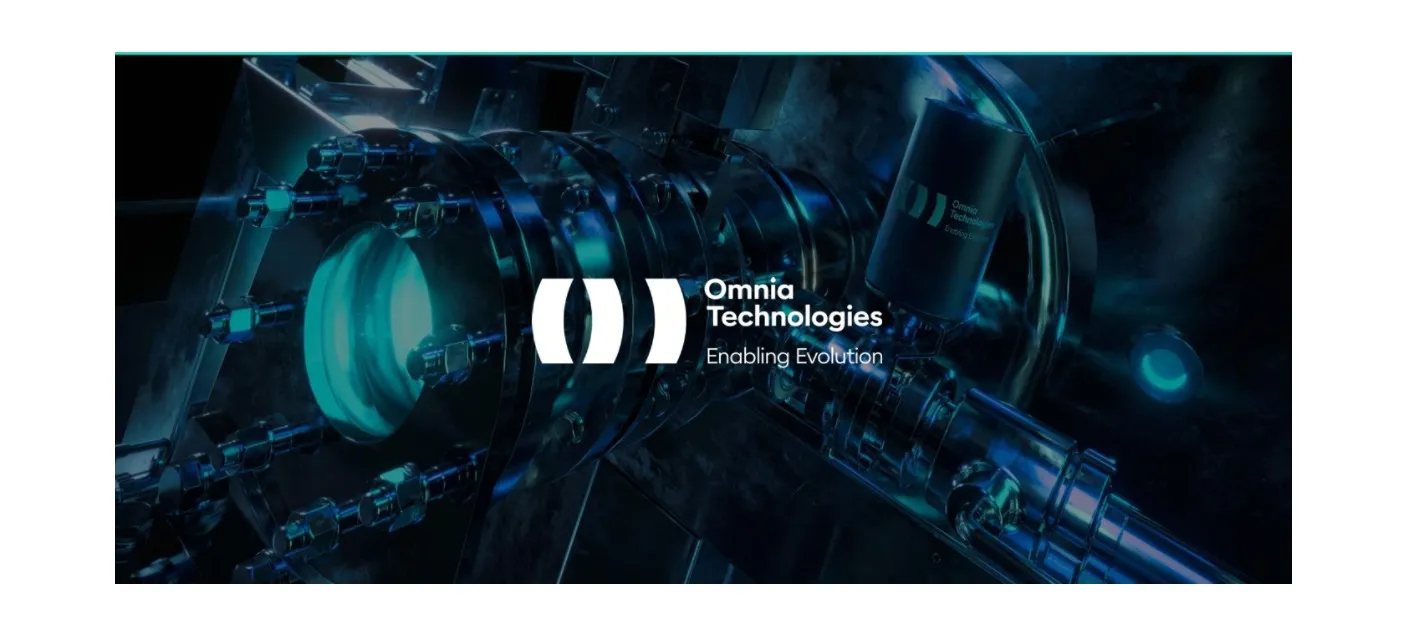1343

Now that the European Parliament elections have concluded, investors are supporting biotechnology with artificial intelligence as the driver of the fourth industrial revolution. However, despite Europe's strong ambitions, biotech analysts say legislation designed for chemicals is not suitable for biology. The result is an exodus of talent and investments, notes Euractiv in an analysis on the topic.
An "Incredibly Strong" Landscape
Europe's biotechnology landscape is "incredibly strong," says Tim Zandbergen, strategic policy advisor at the Dutch entrepreneurs' association VNO-NCW. But he told Euractiv that "the effective application of biotechnology in products, services, and treatments in Europe is lacking."
While Zandbergen cites CRISPR-Cas9 as one of the key new biotechnologies – discovered in the Netherlands – the weakness in application "is mainly due to the fact that European legislation is outdated – GMOs come from a directive from 2001 – and many biological solutions still fall under chemical legislation, which is simply not adequate for biology."
The New Manifesto
To boost Europe's competitive capacity and address the outdated legislative format of the EU, the European Coalition for BioSolutions has proposed a new manifesto that includes six policy recommendations to establish a green and bio-based paradigm while achieving the EU Green Deal.
The coalition advocates for investment in research, development, and innovation to develop new bio-solutions and keep pace with other economies. They suggest integrating bio-solutions into the future Horizon program and revising the common agricultural policy.
Secondly, they seek to enhance investment incentives to accelerate the market entry of bio-solutions – the coalition recommends improving investment incentives, particularly for SMEs struggling to finance infrastructure expansion. They suggest exploring the use of IPCEI funds for bio-reactors and developing an EU co-investment model in public-private partnerships.
Fair Classification, Quick Approval
Additionally, the EBC wants to ensure fair EU classification for the recognition of bio-solutions in the EU economic activity classification, NACE codes. They propose including bio-solutions in the EU taxonomy to increase access to sustainable finance for bio-solutions companies.
Developing a risk-benefit approach is favored, and the EBC suggests introducing a risk-benefit analysis framework to guide regulatory decisions, considering both the potential benefits and drawbacks of bio-solutions.
Moreover, they propose developing a European market access model based on a GRAS-inspired approach for market access, where companies must demonstrate and gain expert consensus on the safety of new biological solutions.
Lastly, the sixth policy principle in the manifesto is for Europe to develop a rapid approval framework – a new horizontal framework for faster approval of sustainable bio-solutions. They suggest shifting from a process-centered to a product-centered approach, relying on a risk-benefit approach and ensuring regulatory sandboxes for the development, testing, and validation of innovative technologies.
Export Capacity
Asked by Euractiv about Europe's biotechnology export capacity, Zandbergen said: "Export capacity is not an issue; most of the actual COVID vaccine doses were manufactured in the EU, for example."
"Another good example," he explained, is cultured meat "which allows the growth of real meat from real meat cells, but without the animal suffering and without the huge amounts of feed, water, and space that cattle need (...) This is truly a disruptive revolution!"
Ferdinand Los, CEO of Hudson River Biotechnology, stated: "EU regulations in our field have been slow to change, partly due to strong influence from organizations that reject innovation."
"You see more forward-looking regulations – and speed of implementation – and investments, for example in America, which have led to industry innovations developing there at a much faster pace than in Europe."
Los added: "Meanwhile, we have issues related to agriculture here, such as farmers unhappy with regulations and quotas, with the desire but practical inability to reduce or phase out agrochemicals. The only way to solve such problems in the long term is through innovation."
Born in Europe, Raised in the US, Asia
Zandbergen noted: "EU legislation on GMOs and novel foods currently requires such extensive and costly processes, which are simply not feasible for many high-tech startups if they are allowed to be marketed at all – which cultured meat is not yet."
"So, these companies move to the US or Singapore. As I say, these companies are born in Europe but grow up in the US and Asia. Therefore, an urgent political focus on modernizing European biotechnology legislation is needed."
Regarding legal bottlenecks, Zandbergen said that since 2001, there have been many steps in biotechnology, but legislation has not kept pace.
"Unfortunately, we see the legislative process grinding to a halt due to the deeply technical nature of this subject," he explained, "which shows the need for science-based arguments to come to the forefront of this debate. Science has shown that these modern technologies are as safe, if not safer, than older methods. Moreover, they are cheaper and much more efficient."
Fernando Los argues, "In terms of landscape, I think Europe is good at generating inventions and building startups but cannot help promising startups mature and become competitive on an international scale."
The latter is where I believe more focus should be placed in terms of government support – push more grants and investments into this part of the industry using simple financing tools."
Zandbergen adds that "the EU has set great ambitions in terms of strategic autonomy, high-tech business power, and growth and dominance in key technologies. Biotechnology, along with AI, is the engine of this fourth industrial revolution. But strong ambitions should be backed by a strong capacity to execute." (Photo: Dreamstime)





